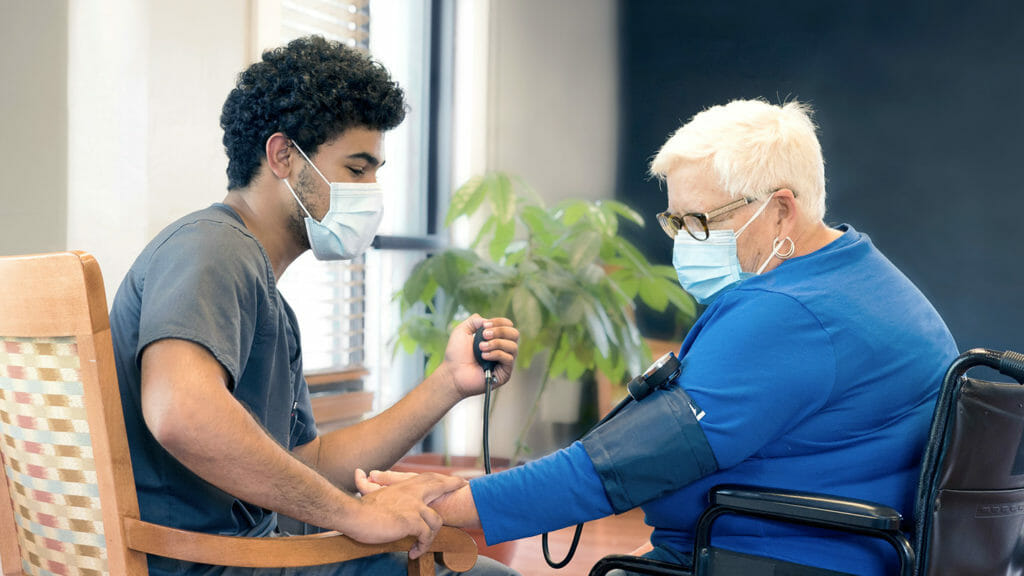

Getting older adults with heart issues to monitor their conditions has proven to be a challenge, particularly with wearables.
A smartphone app, Hello Heart, however, has shown overwhelming promise in being able to reduce blood pressure among seniors, a new report showed.
A majority of study participants, all older adults, were able to reduce both their weight and blood pressure over periods of three and six months, the study showed.
The latter result is significant because high blood pressure puts seniors at risk for almost all forms of heart disease and emergencies, including heart failure, stroke and related death.
Surprisingly, the older adults who were part of the study had a 45% higher engagement rate with the app than younger members of Hello Heart, the results showed.
Although the report was produced internally by Hello Heart, the findings “contradict the assumption that seniors struggle to use smartphones or are resistant to using technology to manage their health,” the company said in a statement.
Hello Heart also will be presenting an in-depth analysis of its study results at the upcoming American College of Cardiology 2024 Conference in Atlanta, the company announced.
Cardiovascular disease is the leading cause of death among seniors in the United States, except for the outliers of Alaska, Minnesota and Oregon, according to one recent study. Forty-eight percent of assisted living residents have high blood pressure, and 31% have heart disease.
Several new technologies have come out over the past year to try to increase heart health monitoring, either for caregivers or for older adults to evaluate themselves.
One recently released smartphone app, CardioSignal, uses embedded technology to identify “micro-vibrations” and flag potential disease.
Another innovation, NuraLogix’ Anura MagicMirror, uses artificial intelligence to evaluate a user’s reflection to identify signs of high blood pressure and heart disease.


